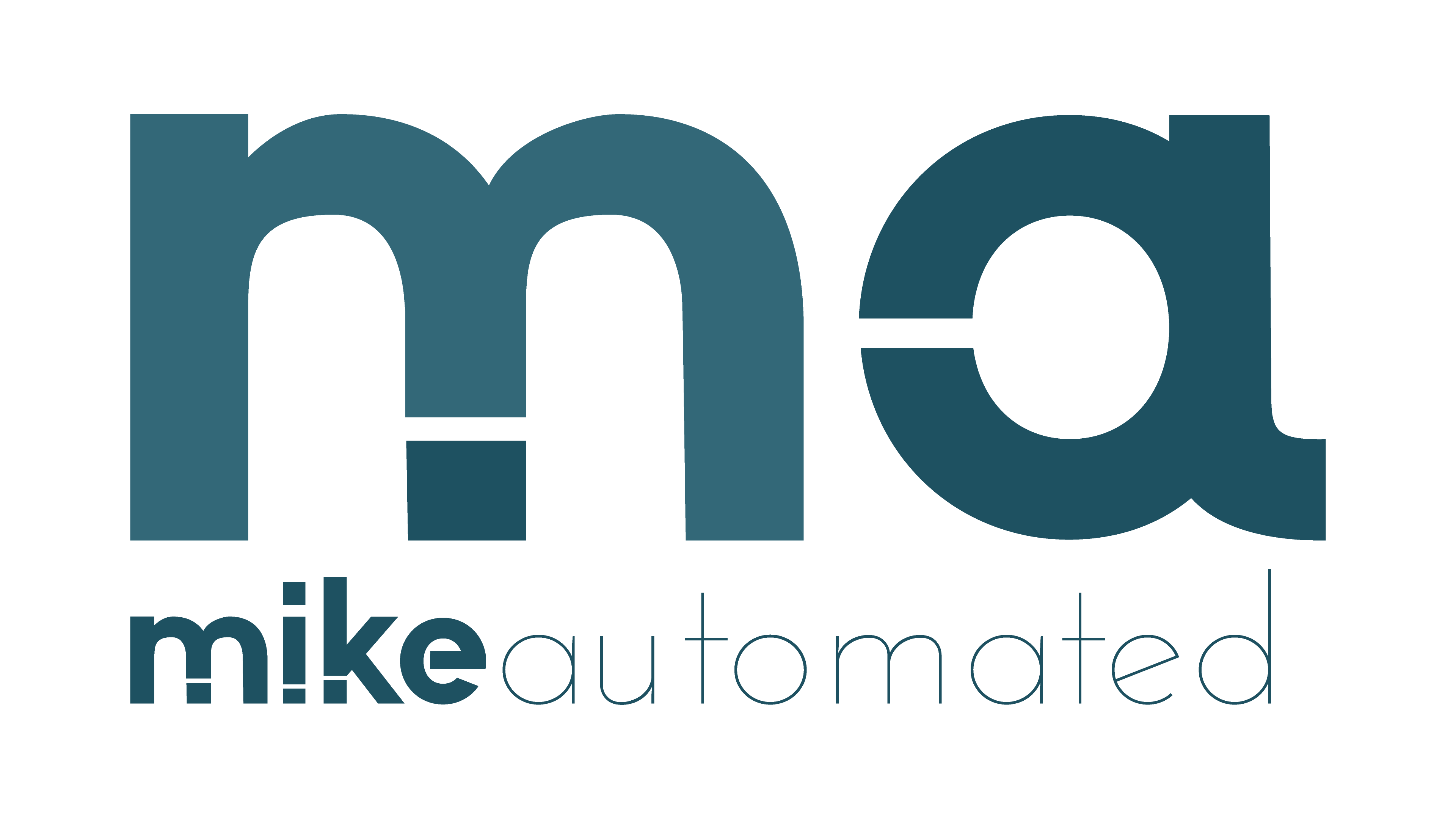- AI streamlines logistics marketing, offering personalized outreach and predictive insights.
- Predictive analytics in supply chain management boosts efficiency by anticipating demand and mitigating risks.
- Chatbots enhance customer engagement by offering real-time updates and instant communication.
- Automated solutions optimize inventory management and reduce operational costs.
- Advanced personalization in campaigns ensures targeted messaging for better ROI.
Introduction: Why AI Matters in Logistics Marketing
The logistics and supply chain industry faces an unprecedented demand for speed, transparency, and efficiency. Businesses are expected to deliver faster, reduce operational costs, and maintain high customer satisfaction levels. Enter artificial intelligence (AI): a transformative technology that optimizes processes, predicts trends, and enhances communication. AI isn’t just a back-end powerhouse; it’s redefining logistics marketing by enabling data-driven strategies and personalized consumer interactions.
In this article, we’ll explore the key ways AI is shaping logistics and supply chain marketing, offering practical applications and actionable insights for businesses.
How AI Enhances Logistics Marketing
1. Predictive Analytics for Smarter Marketing Strategies
Predictive analytics uses AI algorithms to analyze historical data and forecast future trends. For supply chain marketers, this translates to:
- Anticipating market demand: AI helps predict seasonal buying patterns, enabling businesses to adjust their inventory and promotions accordingly.
- Risk mitigation: Predictive models identify potential disruptions, from weather changes to geopolitical events, helping companies prepare proactive communication strategies.
- Optimized resource allocation: AI pinpoints where to focus marketing efforts, ensuring campaigns yield the highest return on investment (ROI).
For example, a shipping company may use predictive analytics to identify peak delivery times, creating promotional content to highlight their quick service during these periods. This not only improves customer satisfaction but also drives revenue growth.
2. Hyper-Personalized Customer Engagement
AI enables marketers to craft highly personalized campaigns by analyzing consumer behavior, preferences, and purchasing history. In the logistics sector, this means tailoring marketing messages for different customer segments, such as:
- Retailers needing fast and reliable delivery solutions.
- Warehouse managers seeking cost-effective inventory management systems.
- eCommerce businesses requiring real-time tracking services.
An AI-powered CRM system can analyze customer data and suggest personalized email marketing campaigns, targeting businesses with solutions that directly address their pain points.
3. Real-Time Customer Support with AI Chatbots
Customer engagement is vital in logistics, where transparency and communication drive satisfaction. AI chatbots provide instant responses to customer queries, such as:
- Tracking shipments in real time.
- Providing estimated delivery times.
- Answering FAQs related to shipping options and pricing.
By automating these tasks, companies improve customer satisfaction while freeing up human agents for more complex queries.
How AI Revolutionizes Supply Chain Management
1. Automated Inventory Management
AI systems optimize inventory control by analyzing sales data, supplier trends, and market demand. Key benefits include:
- Reducing overstock and understock: AI accurately forecasts inventory needs, minimizing losses and maximizing warehouse efficiency.
- Dynamic restocking: Automated systems can reorder supplies in real-time to meet demand spikes.
- Cost-efficient operations: Predictive models help companies minimize storage fees and avoid last-minute shipping costs.
For instance, an AI-powered inventory system can tell a retailer exactly when to restock popular items and predict inventory needs during holidays or promotional events.
2. Enhancing Supply Chain Transparency
Transparency is a major challenge in supply chain management. AI solves this issue by integrating data from multiple sources, providing a 360-degree view of the entire supply chain. This helps:
- Identify delays: Companies can pinpoint bottlenecks in the supply chain and resolve them quickly.
- Track sustainability metrics: AI monitors environmental impact, such as carbon footprints in shipping routes.
- Build customer trust: Real-time updates on shipments foster transparency and assurance.
Visual dashboards powered by AI provide managers with actionable insights, ensuring smoother operations and higher customer satisfaction.
3. Strengthening Demand Forecasting
AI-driven demand forecasting reduces uncertainty in supply chain operations. Key applications include:
- Predicting future trends in consumer demand.
- Optimizing production schedules to prevent over- or under-production.
- Reducing waste by identifying obsolete inventory in advance.
For example, companies like Amazon use AI to analyze browsing and purchasing patterns, helping them stock warehouses efficiently and meet customer expectations.
Practical AI Tools for Logistics Marketing
Here are some actionable AI tools that are transforming how logistics companies market their services:
- Google AI and TensorFlow: For developing predictive analytics models and optimizing marketing campaigns.
- CRM platforms like Salesforce Einstein: To deliver hyper-personalized customer engagement strategies.
- Chatbot solutions such as Zendesk or Drift: For automating customer communication.
- Supply chain platforms like SAP Integrated Business Planning: To enhance demand forecasting and resource allocation.
Visual Resource Suggestion
An infographic can visually explain the
AI-driven supply chain workflow, demonstrating how predictive analytics, transparency, and real-time engagement boost efficiency. For instance, start with raw material procurement, move to inventory management, and end with last-mile delivery, showcasing where AI integrates at each stage.
Conclusion: The Future of AI in Logistics Marketing
Artificial intelligence is redefining logistics and supply chain marketing by creating smarter, faster, and more personalized solutions. From predictive analytics and automated inventory management to real-time customer support, AI empowers businesses to operate efficiently and meet rising consumer expectations. Companies adopting these technologies will not only stay competitive but set the industry standard for innovation.
For businesses considering implementing AI into their logistics strategy, the time to start is now. The benefits are clear: greater efficiency, improved customer satisfaction, and long-term cost savings. As AI continues to evolve, the logistics sector will see even greater opportunities for growth and transformation.
Ready to strengthen your logistics marketing strategy with AI? Start exploring predictive analytics or chatbot integrations today, and watch your business thrive.



